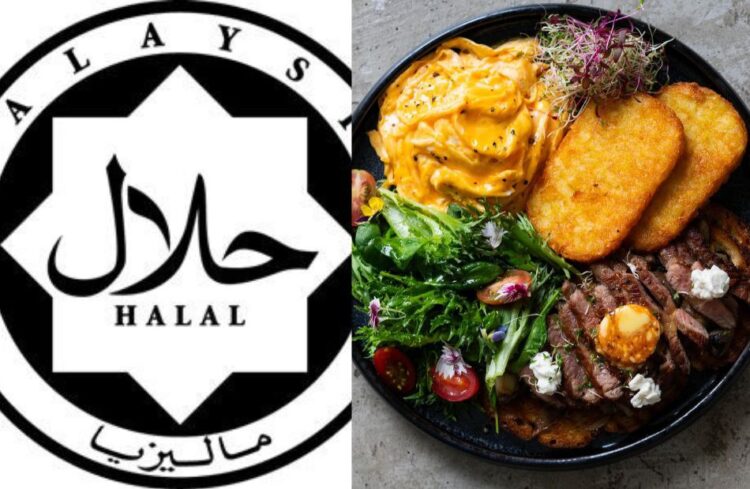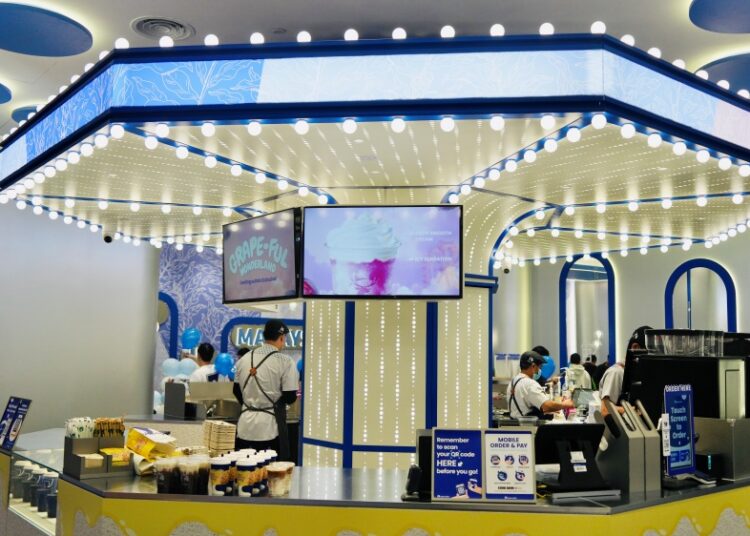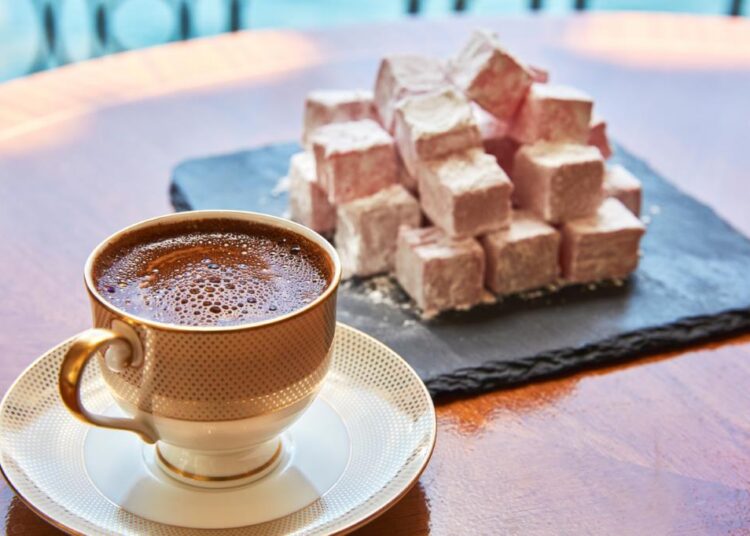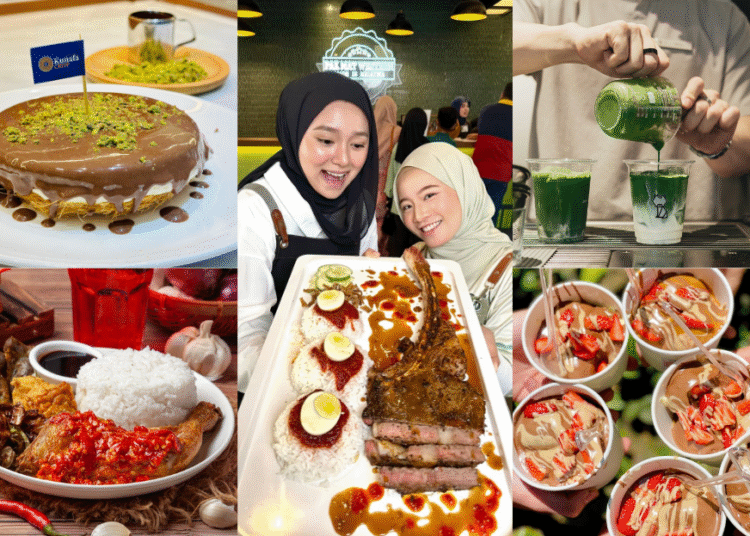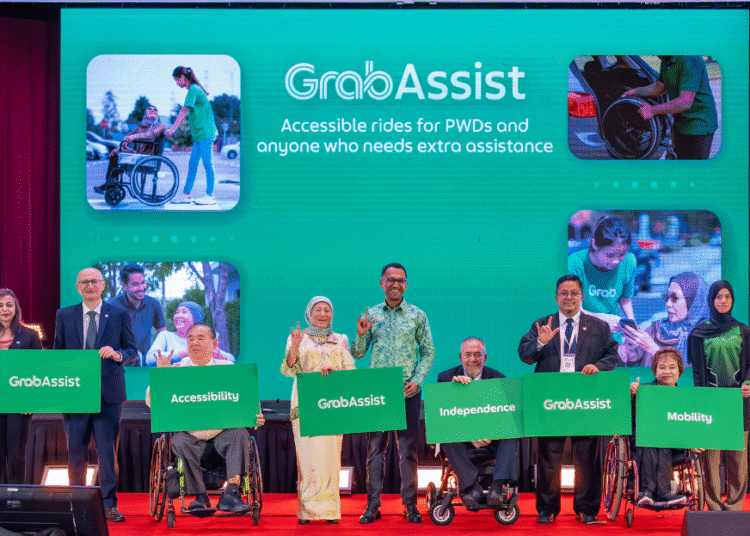Recently, there has been a hot debate on the topic of halal certified restaurants in Malaysia, after it was revealed that some Muslim-friendly establishments aren’t certified despite years of operation. As the majority of the population in Malaysia are Muslims, food with a halal certification is highly sought after – but what are the challenges of getting that “HALAL” mark?
Here in Malaysia, a halal certification is authorised by the Islamic Development Department of Malaysia (JAKIM). As of 2024, the application process takes around 23 days but before this new rule, the process could take up to 60 days. As for the application fee for a halal certification, the price ranges from RM100 for micro businesses to RM1,000 for large entities. Before submitting any documents, the employees of the company are encouraged to attend a Halal training course, which educates the employees on the basics of halal food preparation according to the Syariah Law.

In order to get a halal certification, business owners first need to submit the application to JAKIM. Unfortunately, the application itself can take time to prepare as the business needs to fulfil all the 14 requirements that JAKIM has specified. These 14 requirement include making sure the type of products and services offered, the production process, and the ingredients used are halal.
Even though the procedure now only takes 23 working days for approval, the preparation from the raw materials, equipment, packaging, distribution, employees, and so on need to be checked thoroughly – and that itself can be time consuming. Stores also need at least three months worth of records for the purpose of auditing, which means a company can only start the JAKIM halal certification process after three months of operation.
In addition to the extensive documentations, on-site inspection is also mandatory to verify the information provided in the application and to ensure compliance with halal standards. If everything is done right, the business will receive their halal certification. Failure in compliance will require the owner to start the process again.
While the halal certificate is one of the difficulties of opening a Muslim-friendly business, it’s also an important aspect as it gives Muslims in Malaysia a peace of mind when dining in the restaurant. What are your thoughts on this entire process? Should the process be easier to allow for more halal-certified restaurants in Malaysia?
You can watch this video for easy steps to apply Halal Certification:
@halalmalaysiaofficial 5 Langkah mudah untuk mohon Pensijilan Halal Malaysia. Mudahkan? Jom mohon Halal! #YakiniHalalMalaysia #MalaysiaMadani #JAKIMSejiwa #PelanAlFalah
Sources: Emerhub, TikTok, Instagram, Says
Sakinah contributed to this article.

